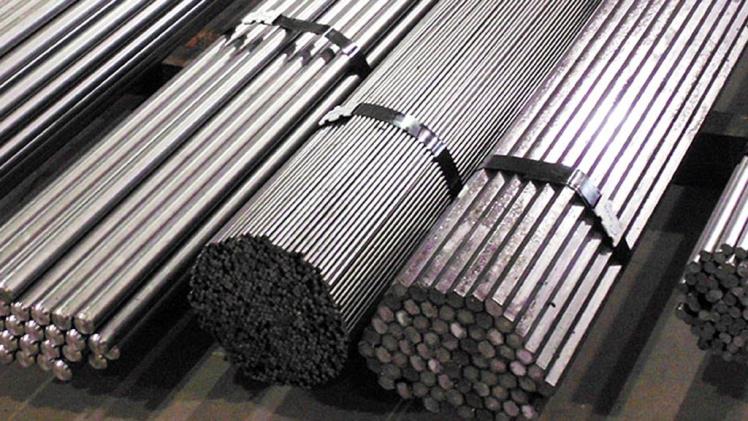Commodity trading using software refers to computer programs and applications to facilitate buying and selling commodities such as metals, energy, and agricultural products. These tools get used by traders to analyze market trends, make trades, and manage risk. Metal trading through software applications like MT5, IRESS, etc., is popular today. Some software programs also offer automated trading options, allowing traders to trade metal CFDs using predetermined rules for executing trades. Overall, commodity trading software can help traders make more informed and efficient trades in the highly competitive and fast-paced world of commodity markets.
What metals can get traded?
- Many different metals can get traded in commodity markets, including both precious and industrial metals. Some of the most commonly traded precious metals include gold, silver, platinum, and palladium. These metals are often seen as a store of value and get traded on both spot and futures markets.
- Industrial metals are used to produce a wide range of goods, including metals such as aluminium, copper, iron, and steel. These metals get traded in the markets. The prices are influenced highly by supply and demand, production costs, and global economic conditions.
- Other metals include lead, zinc, nickel, and tin. These metals get used in many industries, including construction, automotive, and electronics and get traded on futures markets.
- In addition to these metals, several minor metals get traded in smaller quantities. These include rare earth elements, which get used in high-tech applications, and speciality metals, such as cobalt and molybdenum, which have specialized uses in specific industries.
- Overall, the metals that get traded in commodity markets are diverse and varied, reflecting the many different uses and applications of these materials in modern industry.
What are the advantages of trading metals?
There are several advantages to trading metals, including:
- Diversification: Trading metals can provide diversification to an investment portfolio, as metal prices may sometimes move in different directions than other asset classes.
- Liquidity: Many metals, particularly precious metals, are highly liquid and can be easily bought and sold on financial markets.
- Hedging: Trading metals can also get used for hedging against economic uncertainty or market volatility. Precious metals, for example, are often seen as a haven asset and may increase in value during economic turmoil.
What are the risks of trading metals?
There are several associated risks that people who trade metal CFDs should know.
- Volatility: Metal prices can be highly volatile, particularly in response to changes in supply and demand or global economic conditions. This activity can make it difficult to predict the direction of metal prices and creates significant risks for traders.
- Market manipulation: There have been instances of market manipulation in the metals markets, particularly in the gold market. This activity can create false price signals and make it difficult for traders to make informed decisions.
- Political and economic risks: Political and economic events can also impact metal prices. For example, trade disputes or economic sanctions can affect the supply and demand for metals, leading to price fluctuations.
In conclusion, trading metals can offer diversification and potential returns. However, it also carries volatility, market manipulation, political and economic risks, counterparty, and currency risks. Traders should carefully consider these risks before entering the metals market and manage their exposure to them through risk management strategies such as stop-loss orders and diversification.

